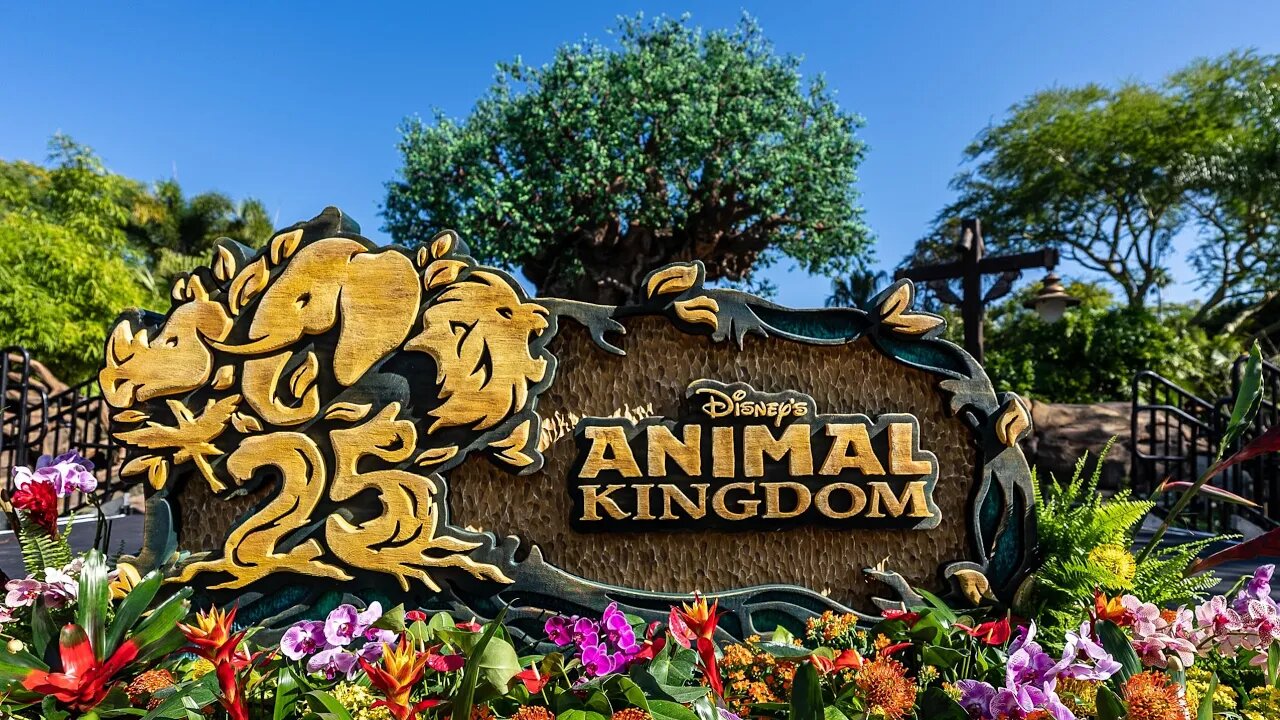Premium Only Content

Testbook Mock Test - Biology - Animal Kingdom - Rank 1
The animal kingdom, also known as Animalia, is one of the major biological classifications. It encompasses a vast diversity of multicellular organisms that exhibit mobility, heterotrophy (they obtain nutrients from other organisms), and lack cell walls. Animals range from simple, microscopic organisms to complex, highly specialized creatures. They are grouped into several phyla based on shared characteristics.
The diversity of animals is staggering, from the microscopic rotifers to the colossal blue whales, from insects with exoskeletons to mammals with fur or hair. The Animalia kingdom is categorized into various classes, including mammals, birds, reptiles, amphibians, and fish, among others.
Animals play pivotal roles in ecosystems, functioning as pollinators, predators, and prey, contributing to nutrient cycling and helping maintain the balance of nature. They exhibit various reproductive strategies, from asexual reproduction in some invertebrates to complex mating rituals and parental care in many species.
Animal behaviors are equally diverse, ranging from instinctual responses to learned behaviors. Communication among animals takes many forms, including vocalizations, body language, and chemical signals.
Human beings, as part of the animal kingdom, have greatly impacted the natural world through habitat destruction, pollution, and overexploitation of resources. Conservation efforts are essential to protect the remarkable biodiversity found within the animal kingdom and to ensure the survival of countless species for future generations.
-
 1:00:26
1:00:26
Dr. Eric Berg
4 days agoThe Dr. Berg Show LIVE April 25, 2025
13.9K2 -
 LIVE
LIVE
The Mel K Show
1 hour agoMORNINGS WITH MEL K - 4/25/25 Watch the Water, Redoubling Election Integrity Effort Before 2026, Where are the Representatives of the People?
718 watching -
 59:27
59:27
BitLab Academy
2 hours ago $0.75 earnedBlackrock & China Pump Bitcoin & Altcoin Pump Season & Maximize Crypto Profits With Defi
11.2K -
 11:08
11:08
SLS - Street League Skateboarding
1 day agoNyjah Huston on his most memorable SLS Wins, Nollie Flip Back Lips, the SLS Miami Course & more...
13.3K2 -
 LIVE
LIVE
Film Threat
13 hours agoTHE ACCOUNTANT 2 + CHEECH & CHONG + TONS OF REVIEWS! | Film Threat Livecast
85 watching -
 LIVE
LIVE
Tudor Dixon
2 hours agoThe Impact of the Biden Pill Penalty with Tim Murtaugh | The Tudor Dixon Podcast
29 watching -
 14:35
14:35
SKAP ATTACK
56 minutes ago $0.07 earnedThe Denver Nuggets are a Disgrace
3.18K -
 59:26
59:26
VINCE
4 hours agoJUSTICE! FBI Arrests Corrupt Judge - w/ Guest Mike Davis | Episode 30 - 04/25/25
205K125 -
 2:33:25
2:33:25
Matt Kohrs
11 hours agoMarkets Finally Push Higher!!! || The MK Show
80.5K -
 DVR
DVR
Bannons War Room
2 months agoWarRoom Live
14M3.53K